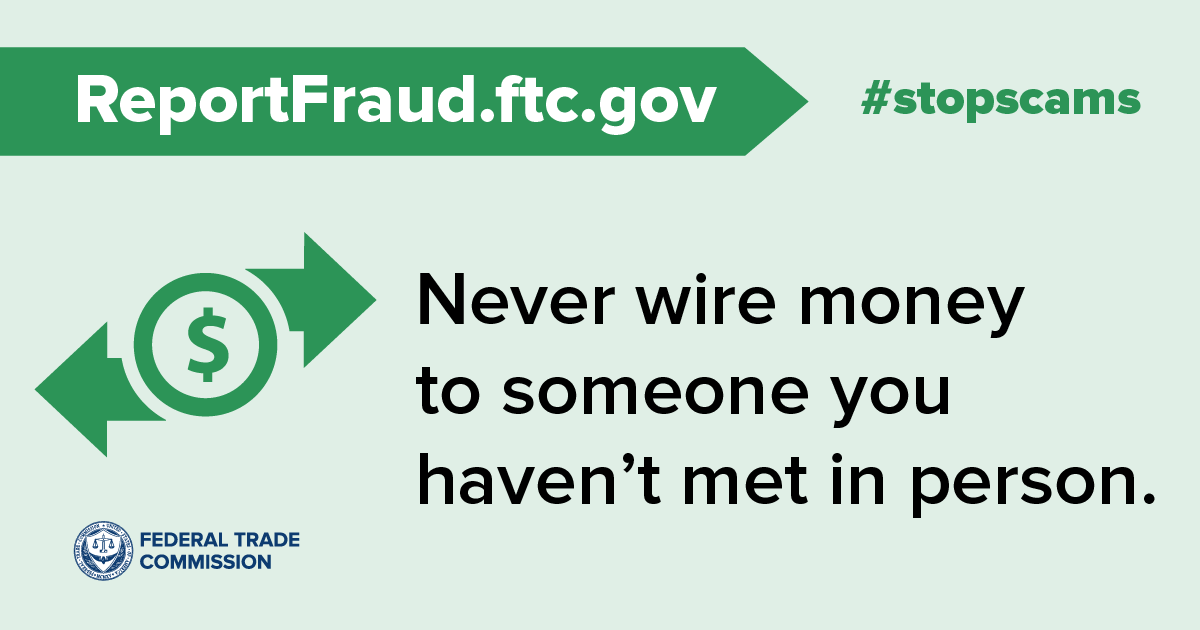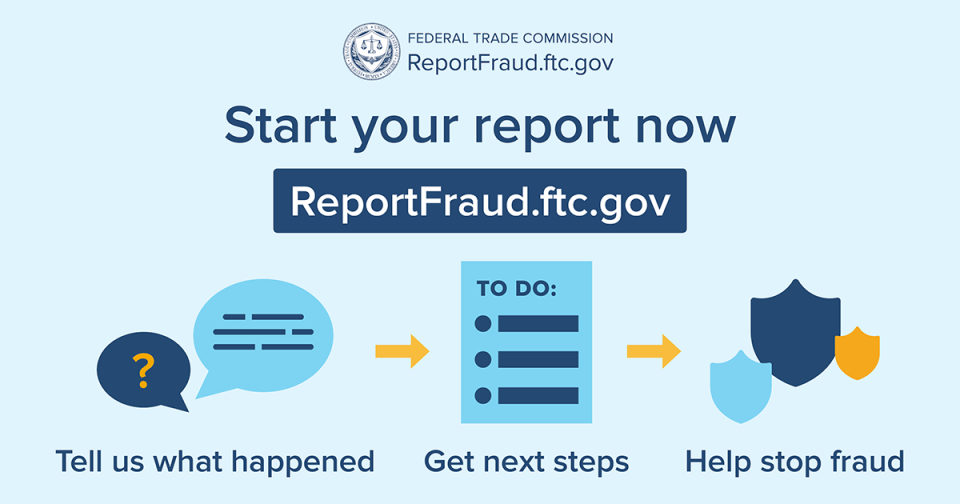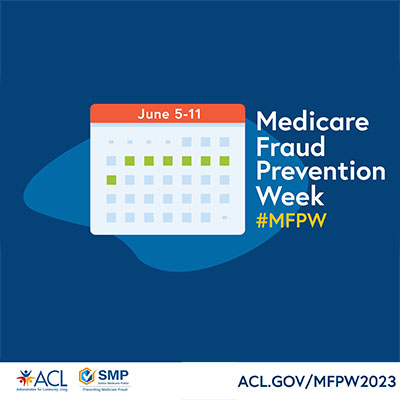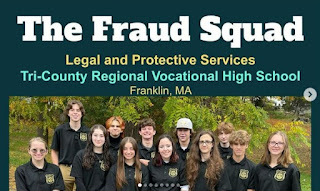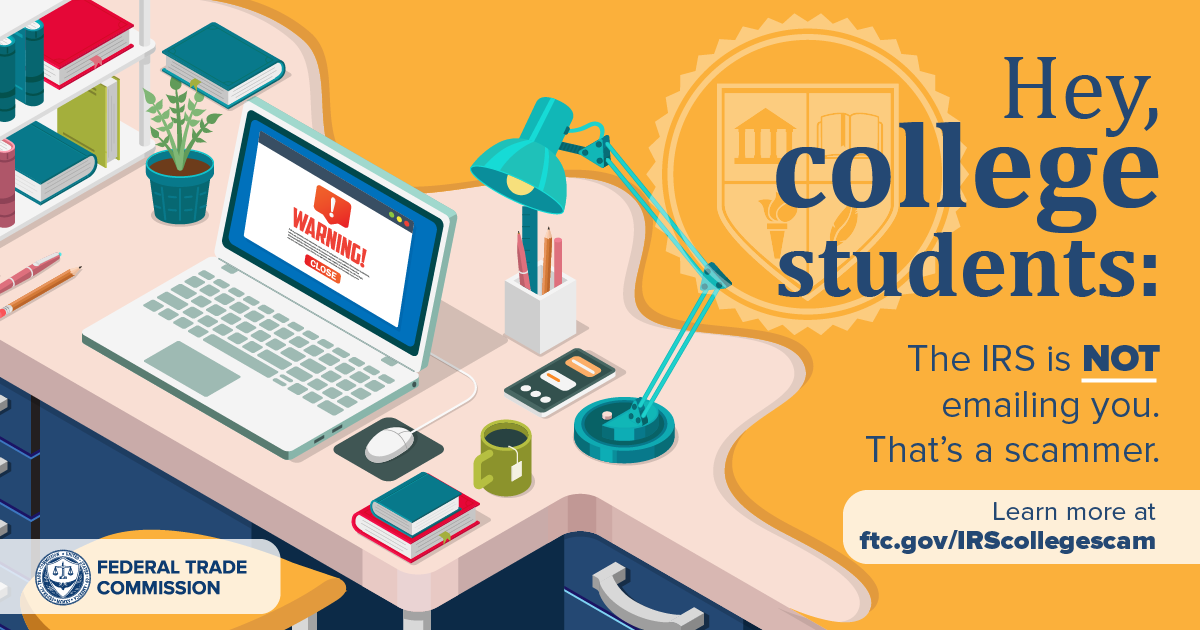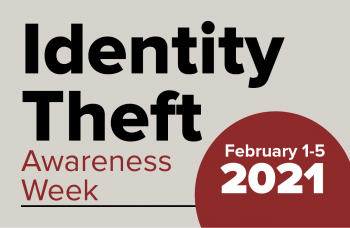Juniors from the Legal and Protective Service Program Present to Local Seniors
Students from the class of 2023 in the Legal and Protective Services Career Program at Tri-County RVTHS are bringing important public safety presentations to several local area senior citizen centers. The presentations are focused on how to prevent scams and fraudulent practices that target the elderly and become more prevalent during the holiday season.
These presentations will help seniors learn how to identify and respond to scammers. The students aim to prevent the elderly community members from falling victim to illegal practices that could drain their savings, endanger, or frighten them. The students enrolled in the Legal and Protective Services Program independently researched the information in their presentations, including interviewing local law enforcement officers.
Topics include Phishing & Identity Theft, IRS, romantic/companionship, sweepstakes, charity, funeral, and grandparent scams. According to the local law enforcement agencies, scams like this are prevalent, and residents of the immediate communities have been scammed out of tens of thousands of dollars.
Through research, the students recognized that scammers rely on strong emotions to catch their victims off guard. They will emotionally manipulate their victims through fear, intimidation, excitement, exhaustion, sympathy, guilt, grief, embarrassment, and love. This manipulation keeps intelligent, rational people from making sound financial decisions. Victims of financial scams rarely recover the money they lose and it can take years for victims of identity theft to undo the damage.
After the first presentation in Franklin, an attendee expressed how grateful she was that these presentations were being provided to the community. After losing her husband several years ago, she fell victim to a scam and understands first-hand how real and cruel these scammers are.
Elder Fraud Presentations will be held at the following locations: Walpole COA on 12/2 at 1pm, Attleboro COA on 12/14 at 12:30pm, and Wrentham COA on 12/16 at 9:30am. If you would like to have an elder fraud presentation in your area, please contact Brenna Ferrick.
 |
| presentation in Franklin |
The students in the photo in front of the Franklin Senior Center are (L to R) Emma Feeley (Plainville), Ben Bryson (Franklin), Jack Campbell (Walpole), Sophia Rodriguez (Blackstone), Jack Gagliani (Medway), Sabra Flanagan (Franklin), Samantha Bourque (Seekonk), Emily DeLuca (Bellingham), Tyler Gardner (Milford), Grace Crowell (Millis), Ava Cavallaro (Bellingham), Hayden Briggs (Medway), Tyler Girouard (Millis), Hailey Tichner (Medfield).
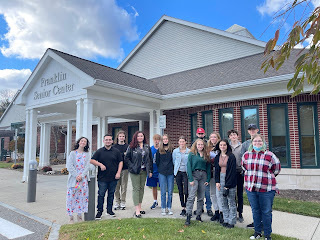 |
| outside the Franklin Senior Center |

